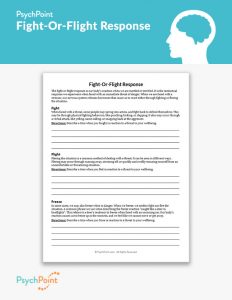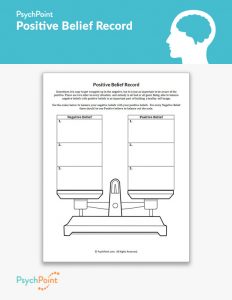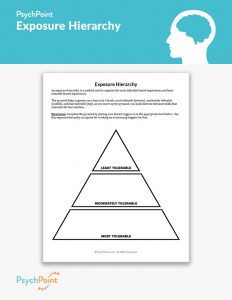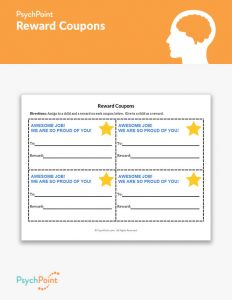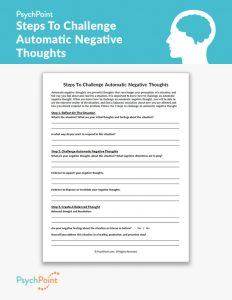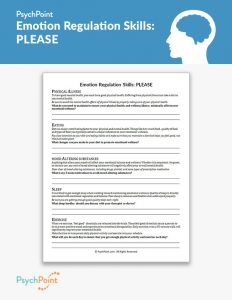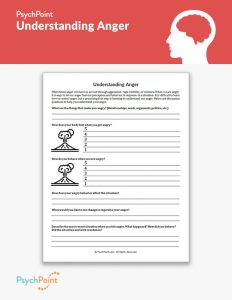Behavior Chart Worksheet
Worksheet updated on September 19th, 2023
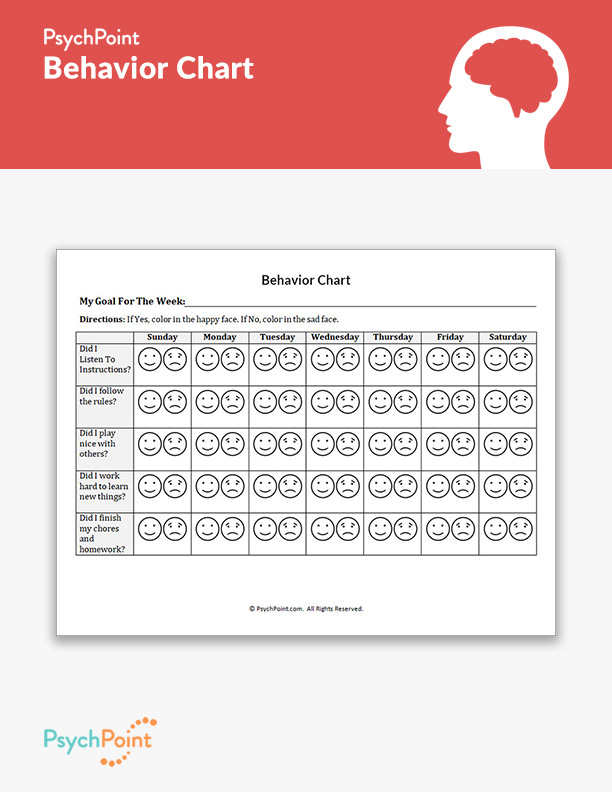
When it comes to teaching children healthy behavior it helps a great deal to have a system in place in which the child can watch their progress grow. Such tools for positive reinforcement help motivate children to continue to grow and work hard to learn healthy behaviors and responsibility.
Especially when working with children who have behavioral problems, having a reward system in place motivates the child because it gives them a sense of control and accountability for both good and bad behavior. One helpful tool for encouraging children to work hard to perform and behave well is a behavior chart.
About This Worksheet
This is the Behavior Chart worksheet. It is intended for children ages 5 and over and is particularly helpful for children with attention and behavioral issues. This behavior chart helps children learn how to be accountable for their actions, responsibilities, and behavior.
The Behavior Chart worksheet keeps the child engaged in learning healthy behavior skills. It allows them to participate in their growth, consequences, and rewards.
On this worksheet, there is a list of questions that the child is expected to answer at the end of each day of the week. It serves as a visual for how well they can utilize healthy behavior and decision-making skills each week.
Instructions
This worksheet is intended to be completed as a homework assignment by the child and caretaker in between sessions. To begin, instruct the caretaker to help the child create a weekly goal to work toward. Then, explain the instructions to the child and caretaker, answering any questions they have.
The caretaker is to review each task on the behavior chart with the child at the end of each day of the week. If the child has completed the task, have them color in the happy face. If the child did not complete the task, have them color in the sad face. Coloring the happy face in green and the sad face in red can help make the chart more user-friendly.
Consider establishing a reward system for the child to receive at the end of each week if their behavior meets the agreed-upon expectations. If the child is in counseling, it will be also helpful to have their mental health professional involved with the completion and reflection of weekly behavior charts.

